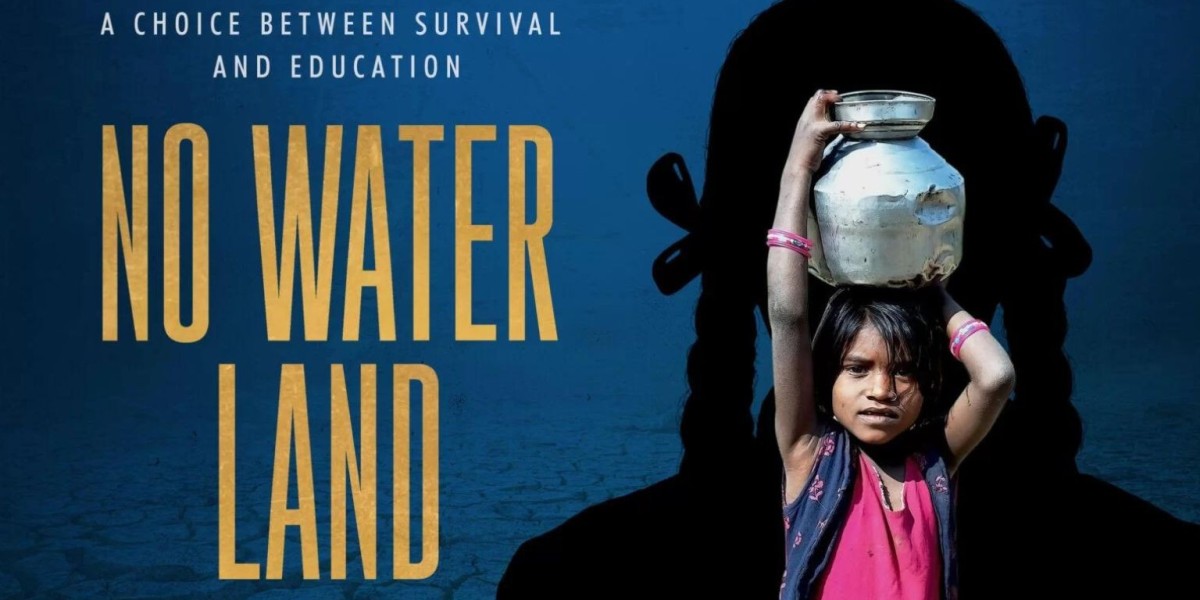Introduction:
In rural India, women and girls face the daily challenge of fetching water, a task that restricts their opportunities for growth and development. However, the inception of Wells on Wheels in June 2019 introduced the revolutionary Water Wheel device, which has begun reshaping their destinies. Through this innovation, they now have improved chances for education and economic advancement. The story of this transformative initiative and Shaz Memon's contributions are highlighted in the documentary, "No Water Land," directed by Saumitra Singh.
Challenges for Water Bearers:
Fetching water is a daily reality for many rural Indian women and girls. Traveling 1-2 miles, bearing the weight of water, and enduring extreme heat not only consumes their time and energy but poses health threats. This routine inhibits educational opportunities for girls and prevents women from pursuing income-based activities, perpetuating the cycle of poverty.
Wells on Wheels: A Beacon of Hope:
Seeing the urgent need to revolutionize water transportation in rural India, philanthropist Shaz Memon founded Wells on Wheels. The organization introduced the Water Wheel - a rollable water drum, changing how water is sourced from wells.
Overcoming Poverty Through Innovation:
The Water Wheel's introduction has been a game-changer. No longer burdened by the physical strain of carrying water, women and girls can now save time, energy, and make fewer trips to the wells. This change allows them to channel their energy towards self-improvement and education.
The "No Water Land" Documentary's Message:
The documentary, "No Water Land," offers a poignant portrayal of the transformative power of the Water Wheel device. It narrates the tenacity of Shaz Memon in his mission to elevate young girls in Maharashtra and illuminates the challenges these communities face. Through the film, the profound impact of the Water Wheel is brought to the fore, urging wider support and advocacy to combat poverty.
Final Thoughts:
The Water Wheel is more than just a device; it's a symbol of hope for countless women and girls in rural India. Through Wells on Wheels, Shaz Memon is reshaping futures, one Water Wheel at a time. As shown in the "No Water Land" documentary, this invention has the capacity to sculpt a brighter, more equitable future.








